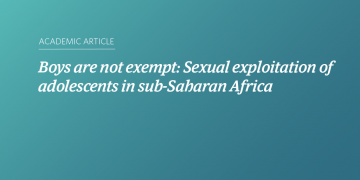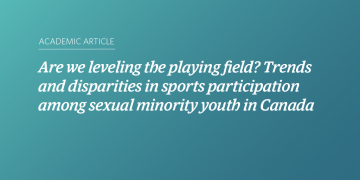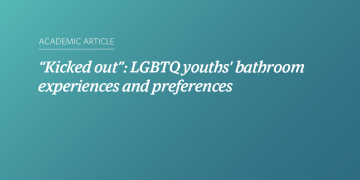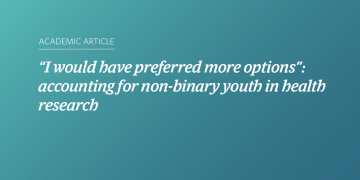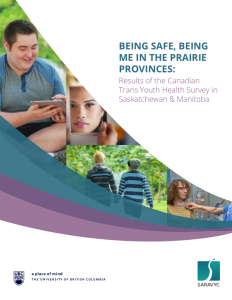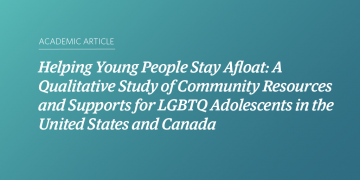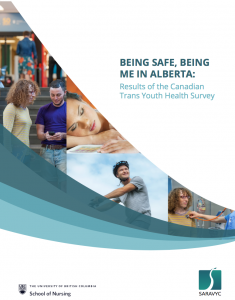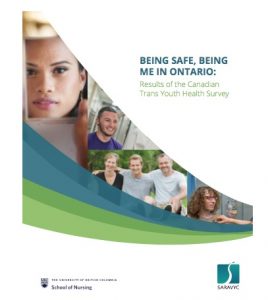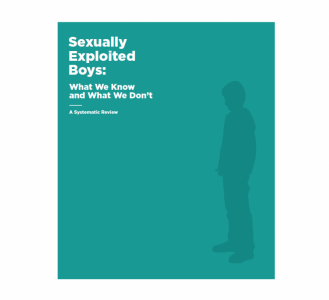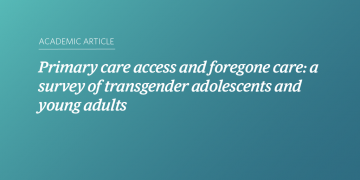Boys are not exempt: Sexual exploitation of adolescents in sub-Saharan Africa
Abstract Research on youth sexual exploitation in Africa has largely neglected the experiences of exploited boys. To date, much of the research in sub-Saharan Africa continues to consider boys mainly as exploiters but not as exploited. Using the only publicly available population-based surveys from the National Survey of Adolescents, conducted in four sub-Saharan African countries […]
Are we leveling the playing field? Trends and disparities in sports participation among sexual minority youth in Canada
Abstract Purpose: Sports participation and physical fitness are widely beneficial for young people, yet activity levels among young people are declining. Despite growing popular media attention on the participation of sexual minority (e.g., lesbian, gay, and bisexual) youth in sports and various campaigns to improve the often homophobic climate of sports, there is limited evidence that […]
“I would have preferred more options”: accounting for non-binary youth in health research
Abstract As a research team focused on vulnerable youth, we increasingly need to find ways to acknowledge non-binary genders in health research. Youth have become more vocal about expanding notions of gender beyond traditional categories of boy/man and girl/woman. Integrating non-binary identities into established research processes is a complex undertaking in a culture that often […]
Being Safe, Being Me in the Prairie Provinces: Results of the Canadian Trans Youth Health Survey in Saskatchewan & Manitoba
This regional report is a part of a larger project, The Canadian Trans Youth Health Survey. Researchers from universities and other organizations in Canada created the survey, which was administered online to 923 participants across Canada, with 67 respondents coming from the Prairie Provinces (Saskatchewan & Manitoba). Two different surveys were distributed: one to younger […]
Helping Young People Stay Afloat: A Qualitative Study of Community Resources and Supports for LGBTQ Adolescents in the United States and Canada
Abstract LGBTQ youth are at increased risk of poor health outcomes. This qualitative study gathered data from LGBTQ adolescents regarding their communities and describes the resources they draw on for support. We conducted 66 go-along interviews with diverse LGBTQ adolescents (mean age = 16.6) in Minnesota, Massachusetts, and British Columbia in 2014–2015, in which interviewers accompanied participants […]
Being Safe, Being Me in Alberta: Results of the Canadian Trans Youth Health Survey
The Canadian Trans Youth Health Survey was a national online survey conducted by researchers from several Canadian universities and community organizations. This report is focused specifically on trans youth who live in Alberta, who made up 12% of the total respondents nation-wide. The survey included somewhat different questions for younger (14-18 years) and older (19-25 […]
Being Safe, Being Me in Ontario: Results of the Canadian Trans Youth Health Survey
The Canadian Trans Youth Health Survey was a national online survey conducted by researchers from several Canadian universities and community organizations. The survey included somewhat different questions for younger (14-18 years) and older (19-25 years) trans youth about a wide range of life experiences and behaviours that influence young people’s health. This report is focused […]
Sexually Exploited Boys: What We Know and What We Don’t
Research and services focused on sexually exploited children and adolescents often target girls and leave out boys. However, research shows that boys often report similar rates of sexual exploitation as girls (10, 19, 27). This suggests that boys may experience more sexual exploitation than is commonly realized, while also facing greater barriers to what few […]
Primary care access and foregone care: a survey of transgender adolescents and young adults
Abstract Objective: To examine the issues of primary care access and foregone health care among transgender adolescents and young adults. Methods: This cross-sectional analysis of data from the Canadian Trans Youth Health Survey was conducted online during 2013–2014. Participants included 923 youth aged 14–25 (323 adolescents aged 14–18 and 600 young adults aged 19–25). Main […]
